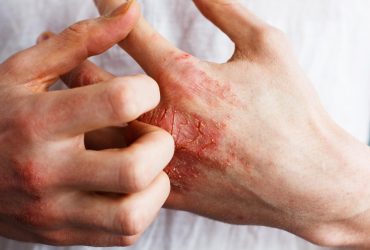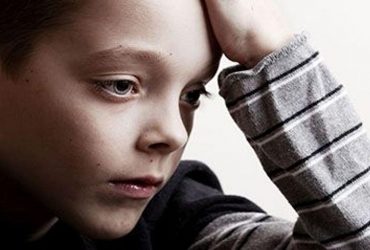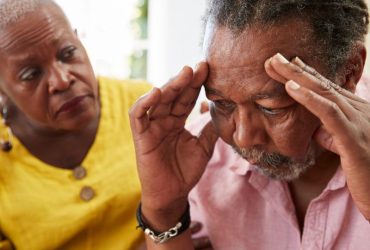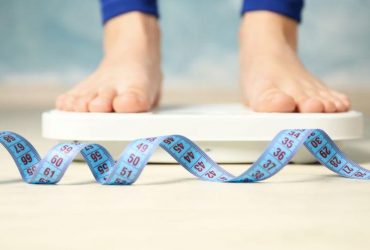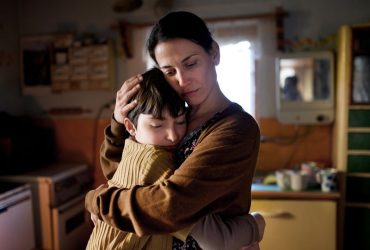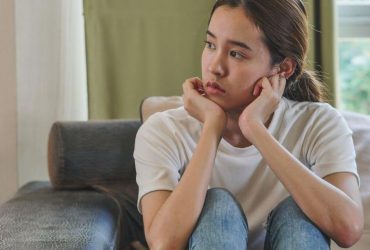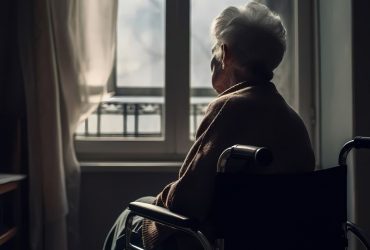Treatment rates found to be particularly low for depressive, anxiety disorders
Findings consistent regardless of dementia subtype
Female offspring of parents with mood disorders have increased zBMI starting around 12 years
Evidence shows impacts on development and mental health
Authors say findings support continued use of virtual psychotherapy
Higher levels of breast satisfaction and psychosocial and sexual well-being reported compared with alloplastic breast reconstruction
Term is often cited in cases involving excessive force by police
Early internalizing symptoms tied to later obesity, sedentary behavior, sleep problems
Findings persist across demographic groups and independent of depression and other prominent risk factors, including genetic risk


